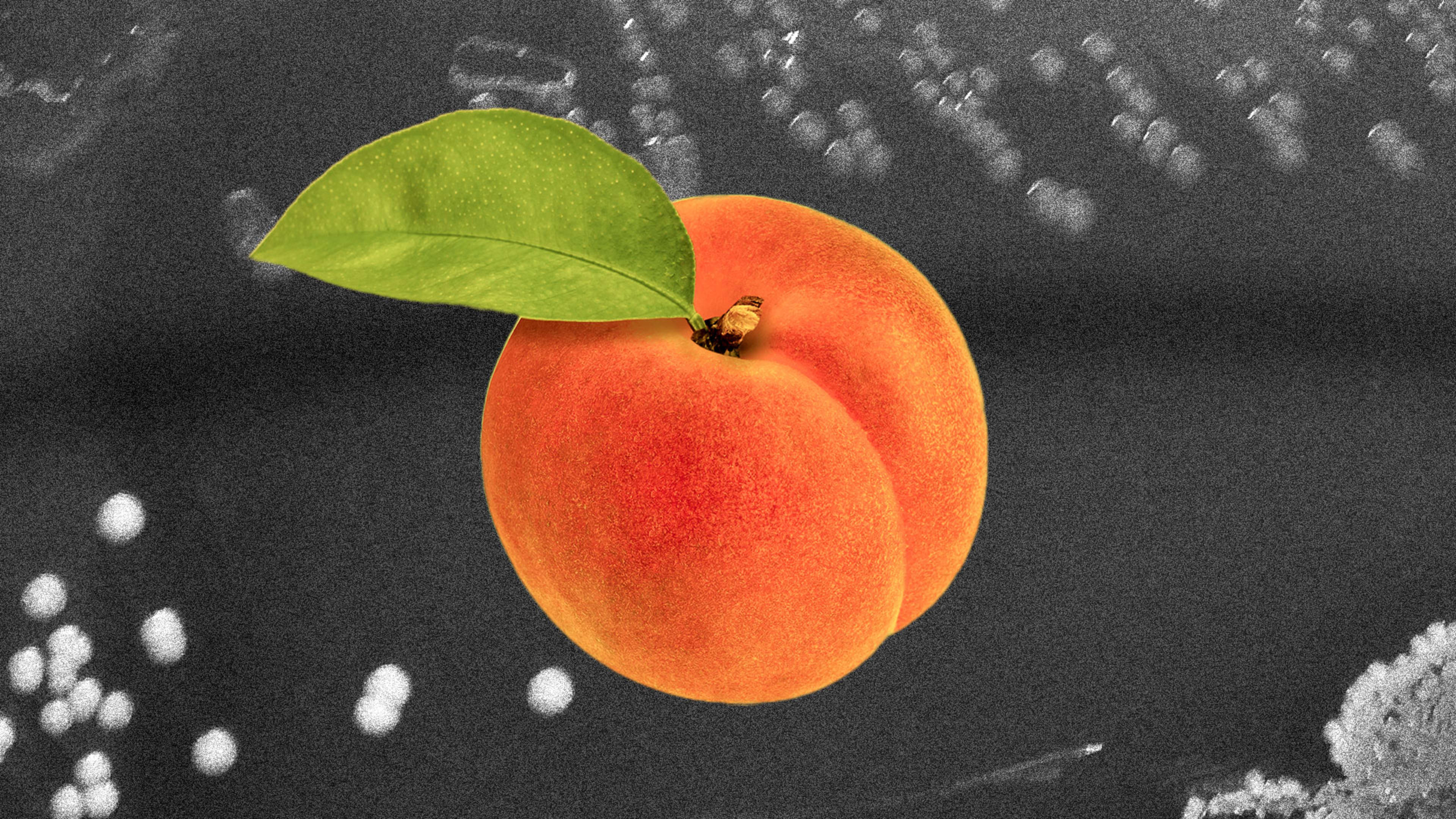The Food and Drug Administration (FDA) and the Centers for Disease Control and Prevention (CDC) are warning people to check their pantries, refrigerators, and freezers for select peaches, plums, and nectarines that may be contaminated with Listeria monocytogenes. The contaminated fruits were produced by the HMC Group Marketing, which trades under the name HMC Farms.
The contaminated fruits were sold between May 1 and November 15, 2022, and also between May 1 and November 15, 2023. The contaminated fruits were distributed nationwide and sold in retail stores in two ways:
- In consumer packaging of two-pound bags branded “HMC Farms” or “Signature Farms.”
- As individual pieces of fruit with PLU stickers on them. The CDC says the stickers are marked with “USA-E-U” and any of the following:
- Yellow peach: 4044 or 4038
- White peach: 4401
- Yellow nectarine: 4036 or 4378
- White nectarine: 3035
- Red plum: 4042
- Black plum: 4040
You can view the fruit packaging and the PLU stickers here.
Though some of the fruits may have been sold as far back as 2022, the CDC and FDA are concerned that people may still have them saved in their freezer. Should any contaminated frozen fruits still be consumed, they can make a person gravely sick.
So far, 11 people are known to have been made sick after consuming the contaminated fruits. All have required hospitalization and one of the 11 has died. Those made ill by the contaminated fruits were in California, Colorado, Florida, Illinois, Kansas, Michigan, and Ohio.
The CDC is warning consumers to check their homes, including freezers, for the contaminated fruit. Do not eat any of the recalled fruit. Throw the fruit away or return it to the store for a refund. Further, the CDC says you should clean any refrigerators, surfaces, and containers that have come into contact with the recalled fruit.
You can view the FDA’s full recall notice here and the CDC’s full food safety alert here.
Recognize your brand’s excellence by applying to this year’s Brands That Matter Awards before the final deadline, June 7.
Sign up for Brands That Matter notifications here.
